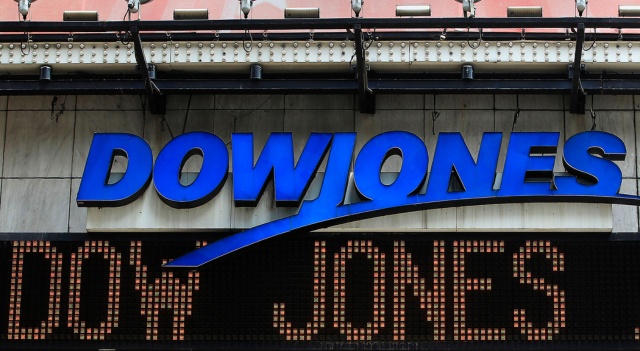U.S. stock futures were flat in early Thursday trading, signaling a muted open as investors digest a wave of mixed economic data, fresh earnings results, and heightened political drama involving President Donald Trump and Federal Reserve Chair Jerome Powell.
After a choppy session on Wednesday that ended with modest gains across major indexes, traders appear cautious. The indecisive sentiment comes amid ongoing uncertainty surrounding monetary policy and the broader economic outlook.
One source of renewed attention is retail spending. According to the Commerce Department, retail sales saw a notable rebound in June, rising 0.6% after a sharp 0.9% decline in May. That result easily outpaced analyst expectations for a modest 0.1% increase.
Auto sales contributed strongly, but even without them, core retail sales rose 0.5%, reversing a 0.2% dip in May. Economists had projected a smaller 0.3% uptick for the category.
Jobless claims also surprised to the downside. The Labor Department reported 221,000 new claims for unemployment benefits last week, a decline of 7,000 from the prior week’s revised figure. Forecasts had anticipated an increase to 235,000.
In a separate report, the same agency revealed that import prices ticked up just 0.1% in June, below the expected 0.3% gain. The data suggests inflationary pressures remain relatively mild.
The market’s mild movement comes after stocks rallied late on Wednesday, helping the Nasdaq notch a record close. The Dow climbed 231.49 points to 44,254.78, while the S&P 500 and Nasdaq added 0.3% each, closing at 6,263.70 and 20,730.49, respectively.
Equities briefly faltered midday yesterday amid reports that Trump had considered ousting Fed Chair Jerome Powell. However, markets bounced back after Trump told reporters, “I’m not planning” to remove Powell, and added, “I think it’s highly unlikely, unless he has to leave for fraud.”
Trump has long pressed the central bank for rate cuts, sharply criticizing Powell’s more measured approach to monetary policy.
Meanwhile, the producer price index (PPI), a key inflation gauge, held steady in June, defying expectations of a 0.2% rise. Year-over-year PPI growth slowed to 2.3%, down from May’s revised 2.7%, offering some relief for inflation-wary investors.
Despite cooling price pressures, most analysts believe the Fed will wait at least until September before making any policy adjustments.
In other data, industrial output rose more than anticipated last month, according to the Fed—providing another sign of resilience in manufacturing.
On the corporate front, semiconductor equipment manufacturer ASML (NASDAQ:ASML) slid sharply after warning it could face flat growth in 2026. Morgan Stanley (NYSE:MS) also traded lower despite topping second-quarter expectations on both revenue and profit.
On the upside, Johnson & Johnson (NYSE:JNJ) delivered strong earnings and raised its annual forecast, lifting its shares and the broader healthcare sector. The NYSE Arca Pharmaceutical Index gained 1.6%, while biotech and healthcare indexes also posted strong gains.
Conversely, energy stocks dragged on performance as oil prices declined. The Philadelphia Oil Service Index dropped 1.5%, while the NYSE Arca Oil Index fell 1.3%.
This content is for informational purposes only and does not constitute financial, investment, or other professional advice. It should not be considered a recommendation to buy or sell any securities or financial instruments. All investments involve risk, including the potential loss of principal. Past performance is not indicative of future results. You should conduct your own research and consult with a qualified financial advisor before making any investment decisions.
